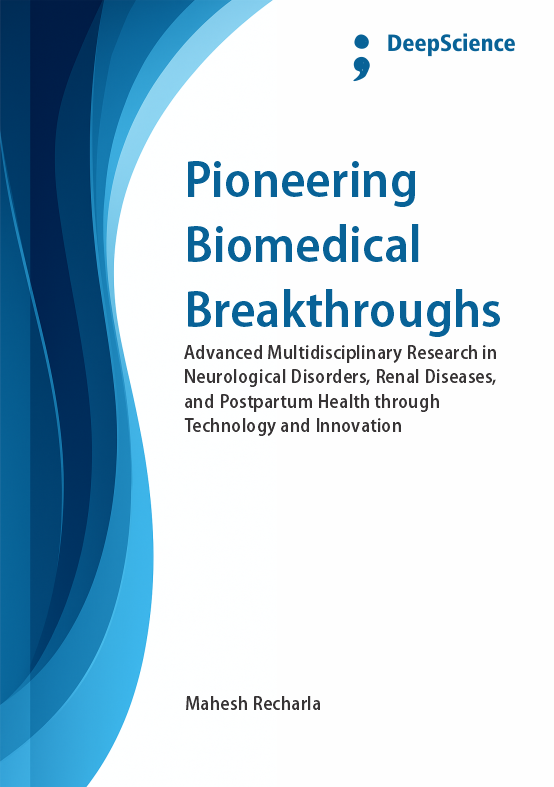Cross-disciplinary collaboration in neuroscience: Genetics, data science, and clinical practice
Synopsis
Cross-disciplinary collaboration can heighten the success of efforts to tackle highly complex problems, such as those in the realm of neuroscience. For neuroscience research, defined broadly to include all aspects of nervous system structure and function, this commonly entails efforts to relate biological, physical, or computational features of the nervous system at some level of resolution to questions of medical practice and patient health, diagnosis, and treatment. Integrative approaches across biology, data science, and clinical medicine will be emphasized here by drawing upon recent experiences and exploratory research collaborations that may be considered useful models. Emphasis will be given to psychiatric disorders, given the considerable need for an improved understanding of the pathophysiology of these conditions and their treatment, particularly during the depressive and psychotic phases of illness. Patients with schizophrenia and bipolar disorder will serve as recruitment pools for these exploratory studies. The goal of the work will be to develop, and potentially validate, biomarkers for prediction of treatment response to psychopharmacological interventions or to neuromodulation therapies. Biological measures of interest will include p-histone 3 mRNA expression and telomere length for the identification of subpopulations of individuals with mood disorders who have shorter life expectancy or are treatment-resistant to mood-stabilizing or mood-reducing drugs.












